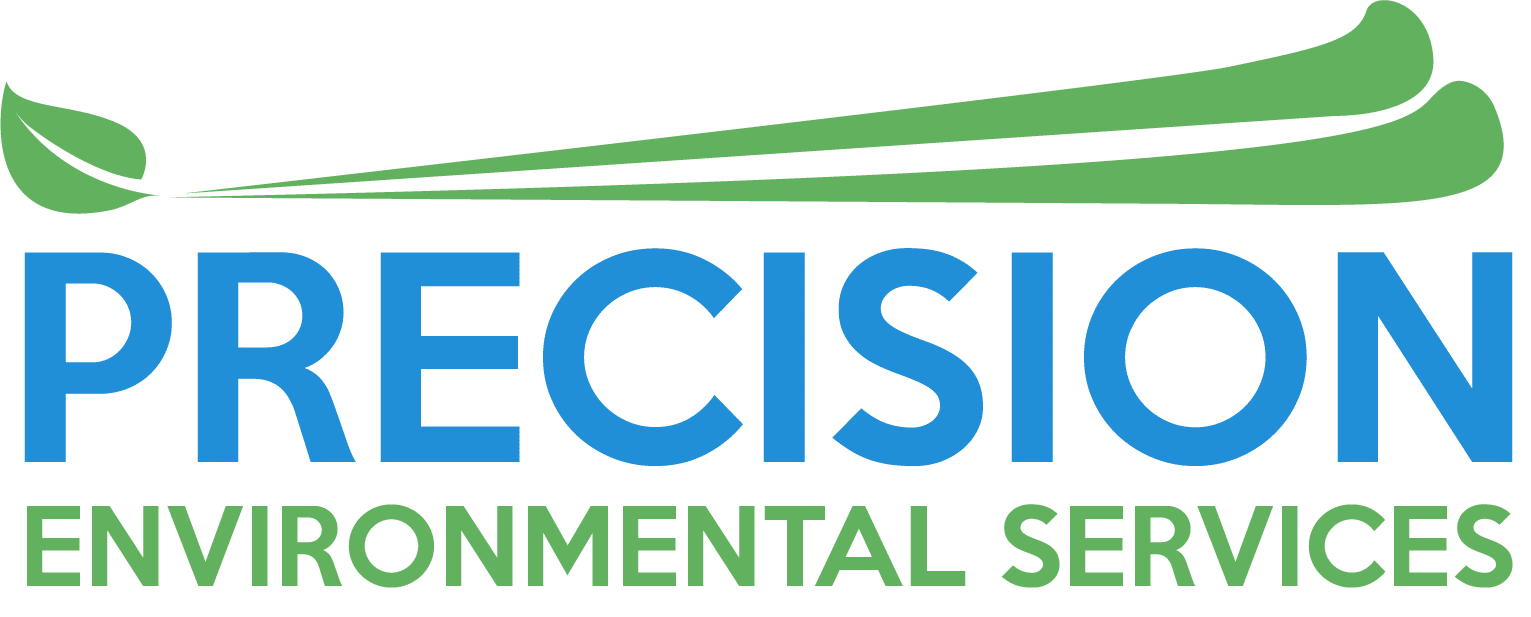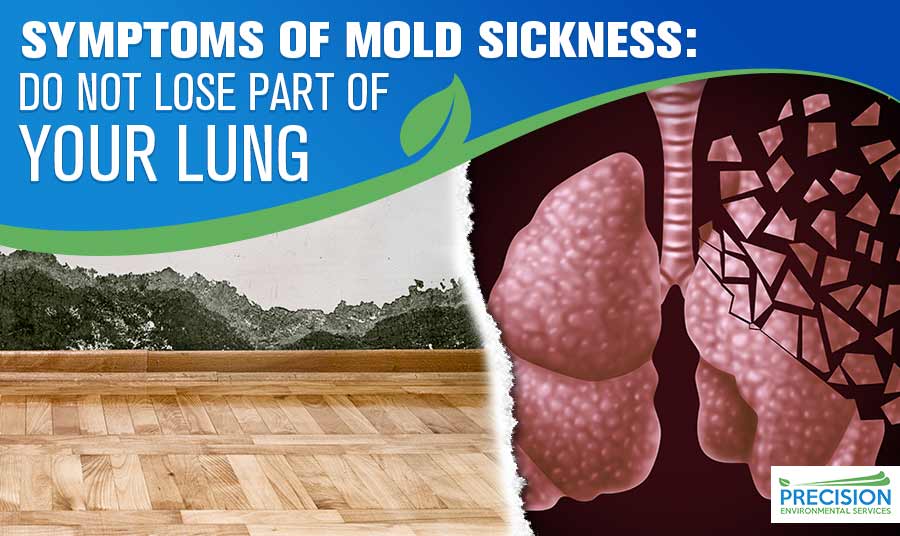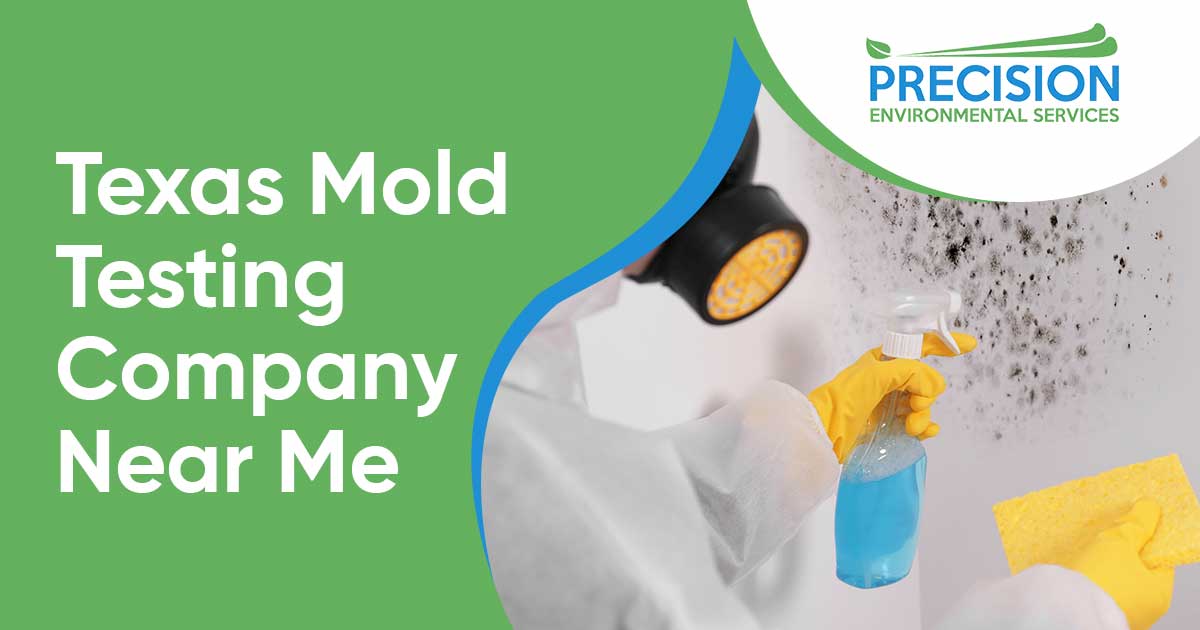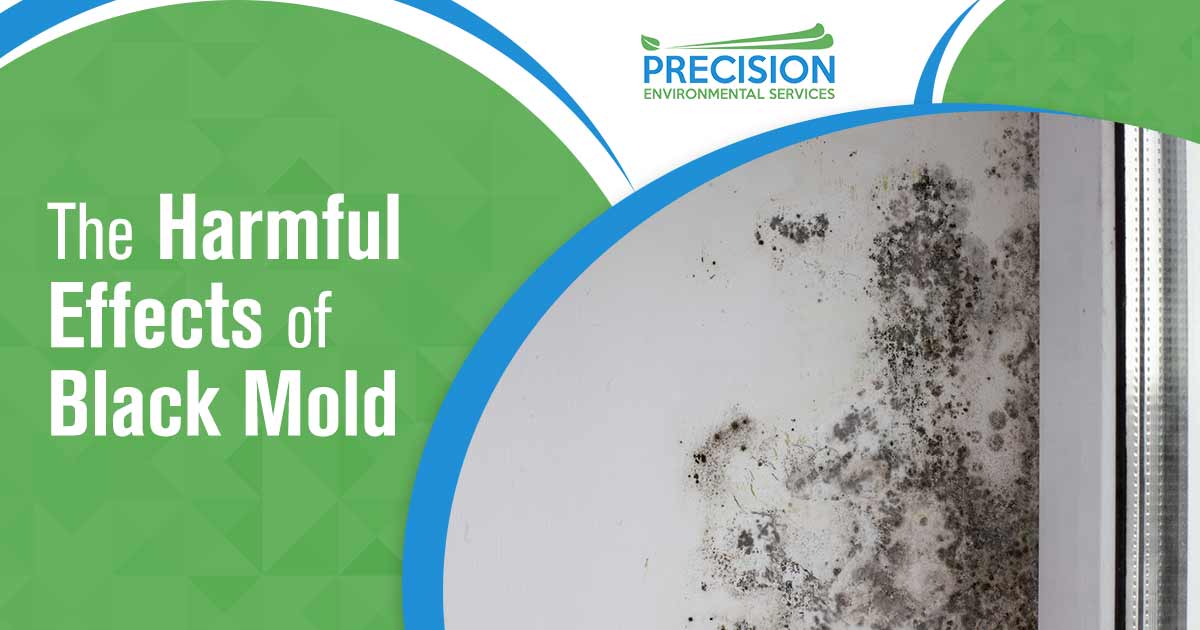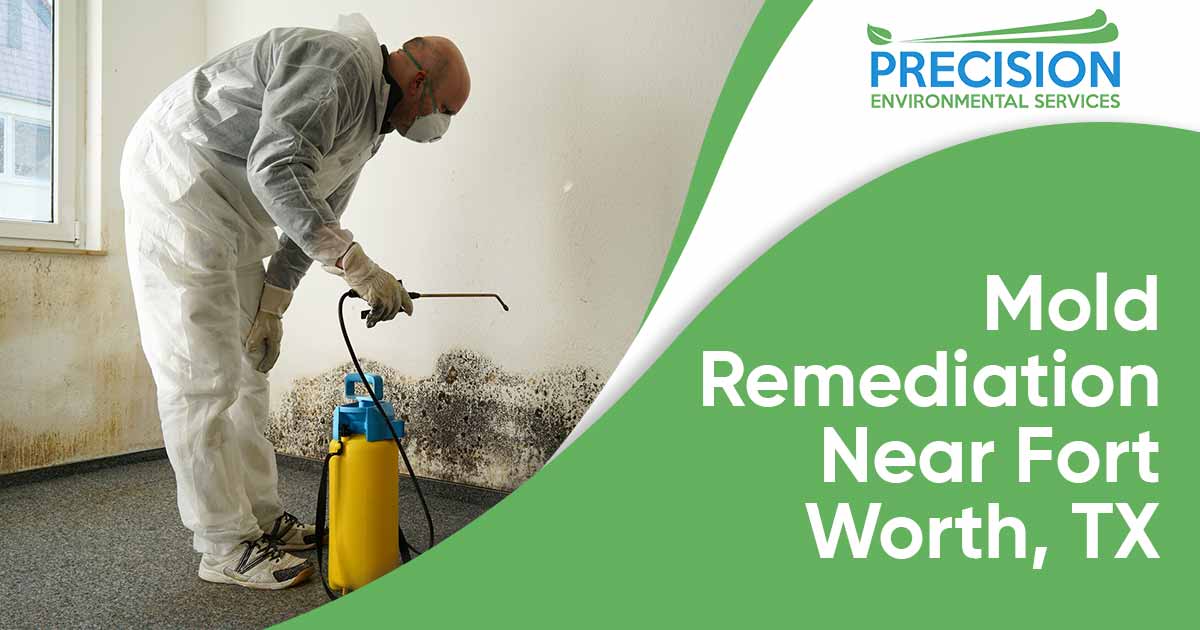Symptoms of Mold Sickness: Do not Lose Part of Your Lung
Imagine, for a moment, that it is 6 months from today.
You are in the doctor’s office and he tells you that unfortunately, the symptoms of your mold sickness have steadily gotten worse.
You have double pneumonia. And because of the chronic nature of your condition, your symptoms would be lessened if you considered, dissecting out a part of your lung!
Think about this…That means literally having to open you up and remove a section of your lung.
If you are thinking that is a drastic over-exaggeration of what could happen in the long run because of having symptoms of mold sickness you could not be more wrong.
In this article, we are going to discuss the symptoms of mold sickness, and how mold sickness can affect your life. We are also going to teach you what you can do to prevent it from happening to you.
Let us begin with the obvious burning question.
What is mold sickness?
This sickness has adapted to a few different names over the years. You may also hear it called mold illness, or mold disease.
What happens inside the body is an acute (immediate response) or chronic (long term) systemic response of the immune system where inflammation occurs because of the exposure to mold in an interior environment.
In other words, when you are exposed to mold spores, your immune system can react in a way that causes particular areas of the body to swell and become irritated. Causing symptoms that are consistent with allergic reactions. And at times if left ignored, causing severe medical problems long term.
How does mold form?
There are several ways mold can form inside of a building or a home. Most water-damaged buildings or homes suffer the growth of mold. And the bacteria that accompany mold spores. Faulty construction of the building or home leads to inappropriate ventilation, causing stagnant moisture to sit in areas that should not contain moisture.
By not properly correcting water leaks, having cracks in the foundation, flat rooftops, and fake stucco, mold happily finds a home and thrives in these types of environments.
Mold loves damp, warm, and humid places.
What are the symptoms of mold sickness?
Molds are various types of fungi (plural in the mold world) and as they reproduce, they form spores. These spores can travel through the air landing on surfaces where moisture is prominent causing more mold to grow.
Molds are known to produce irritating substances that act as allergy triggers inside people sensitive to these allergens. What is even scarier is some molds produce toxic substances known as mycotoxins.
Some people are extremely sensitive to mold and some people feel no effects of mold at all.
Symptoms
The most common allergic symptoms to pay attention to are:
- Sneezing
- Runny nose
- Coughing
- Wheezing
- Watery eyes
- Stuffy nose
- Redness in eyes
- Itchy eyes
- Difficulty breathing
Mold or mold spores can cause an asthmatic to suffer a severe asthma attack and even if you have not been diagnosed with asthma some allergic reactions and asthmatic symptoms can solely be environmental because of the presence of mold.
How long does it take for mold to make you sick?
Sometimes there are people that can develop serious reactions to mold exposure. Serious reactions that are not uncommon can be fever and severe respiratory complications.
Those people with a compromised immune system have a higher probability of getting sick quickly based on the exposure to mold and if they already have underlying chronic lung disease.
It is impossible to gauge how long it takes for mold to make you sick. Each person’s auto immune response will be different.
Some will react instantly because of the sensitivity they have built up to allergens they have been exposed to previously. Which have caused their immune system to build up antibodies, to prepare for the invaders the next time.
While others will have no effect at all and can walk in a room full of spores and only recognize the stench of a moldy smell.
But we do not recommend showing off and walking into a dark, damp, and humid place to prove any points.
Mold is dangerous. Even if you are not showing any symptoms of mold sickness now, it does not mean your very intelligent immune system is not preparing for the next time. And continued exposure to mold overtime creates more severe symptoms, which can advance into severe long-term lung damage if it goes unattended.
How do Doctor’s test for mold exposure?
Though you may be clearly showing some signs and symptoms of mold sickness, to your Dr it could just be an allergic reaction to something else.
So he or she will need to run some tests to confirm that it is in fact mold causing your discomfort.
First, a physical examination will take place, then allergy testing can be next if there are no abnormal results with your physical examination.
There are two tests used to see if you have certain allergies.
1. The skin prick test uses watered-down amounts of the suspected allergens. For example, molds that are found in the local area.
During this test, the substances are applied to the skin with a tiny puncture. It can be on your arm or back depending on the preference of the Doctor. If you are allergic, a welt or raised bump will become present, confirming the reaction at the affected area of the skin.
2. The second test is a simple blood test, it can measure your immune system’s response to mold. They do this by measuring the number of specific antibodies in your bloodstream.
How do you prevent symptoms of mold sickness?
One of the best ways to prevent symptoms is to prevent mold in your home. You do that by controlling moisture in your home.
Precision Environmental Services has been helping with mold remediation for decades and is the best start to assessing the quality of the air in your home. And can complete other professional environmental tests that can confirm mold and tell you how to keep it out.
It is important to repair any water damaged areas in your home, such as plumbing issues, and other areas in the home that can lead to moisture build-up.
The avoidance of carpet in a humid location such as a bathroom or basement will also combat the growth of mold.
Summary of symptoms of mold and next steps
We are sure you understand the reason for our dramatic story early on now.
Mold can wreak havoc on you if you are not aware of the symptoms of mold sickness. Getting answers through Precision Environmental Services at (940) 597-2673 is a wise choice if you feel mold is making itself at home.
You have learned what mold sickness is, and how it can affect you and those around you that you love.
You also know how Doctors test for mold to see if you have been exposed to mold. And just as important, you learned a few steps to preventing mold growth inside your home.
For more tips on mold prevention, pick up the phone and call Precision Environmental Services at (940) 597-2673. Decide to protect you and your family from mold and the symptoms of mold sickness for life.
